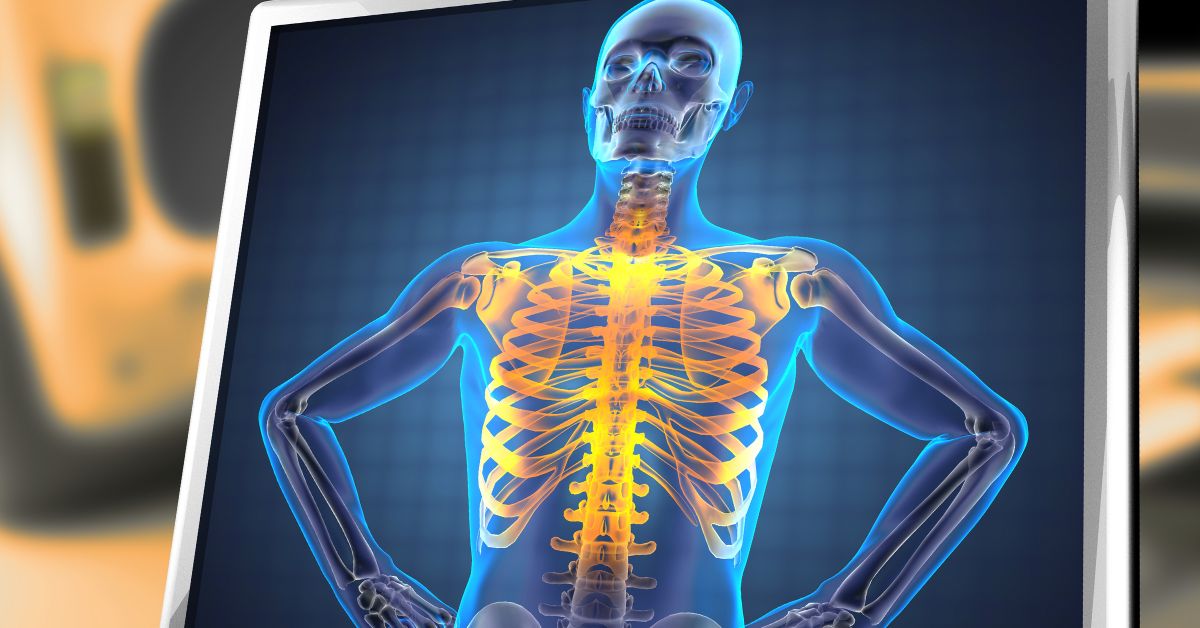Bone density is a crucial aspect of our overall health that often goes overlooked until problems arise. Our skeletal system forms the structural foundation of our bodies, providing support, protection, and facilitating movement.

1. What is Bone Density and Why is it Important?
Bone density refers to the amount of bone tissue in a given volume of bone. It signifies the strength and thickness of bones. Adequate bone density is crucial for providing structural support, protecting organs, and facilitating the production of blood cells in the bone marrow.
2. The Significance of Strong Bones as We Age
As we age, bone density naturally decreases, leading to a condition known as osteoporosis. Strong bones in youth act as a buffer, helping to offset the inevitable decline in bone density and reducing the risk of fractures and breaks in later years.
3. Impact on Joints
Strong bones provide a stable foundation for joints, reducing the risk of joint-related issues such as arthritis. Maintaining strong bones supports joint health, ensuring better mobility and preventing conditions that can compromise our ability to move comfortably.

4. Connection to Overall Health Factors
Bones play a role in the production of immune cells, contributing to a robust immune system. Adequate bone density supports not only the skeletal structure but also enhances the body’s ability to defend against infections and diseases.
5. Hormonal Influence on Bone Density
Hormones, especially estrogen and testosterone, play a significant role in maintaining bone density. Hormonal imbalances, such as those occurring during menopause, can accelerate bone loss, underscoring the importance of hormonal health in maintaining strong bones.
6. Nutrition and Bone Density
Calcium and Vitamin D are vital for bone health, as they contribute to the development and maintenance of bone density. A balanced diet rich in calcium and vitamin D promotes optimal bone density, reducing the risk of fractures and promoting overall well-being.

7. Exercise for Bone Strength
Activities like walking, running, and resistance training stimulate bone formation and help maintain bone density. Regular exercise is a key factor in preserving bone health, ensuring that bones remain strong and resilient throughout life.
8. Lifestyle Choices and Bone Density
Both smoking and excessive alcohol consumption can contribute to bone loss and decrease bone density. Making healthy lifestyle choices, such as quitting smoking and moderating alcohol intake, can positively impact bone density.
9. Genetic Factors in Bone Health
Genetics play a role in determining bone density levels, with a family history of osteoporosis potentially increasing the risk. Understanding your genetic predispositions can help you take proactive measures to maintain or improve bone density through lifestyle choices and medical interventions.
